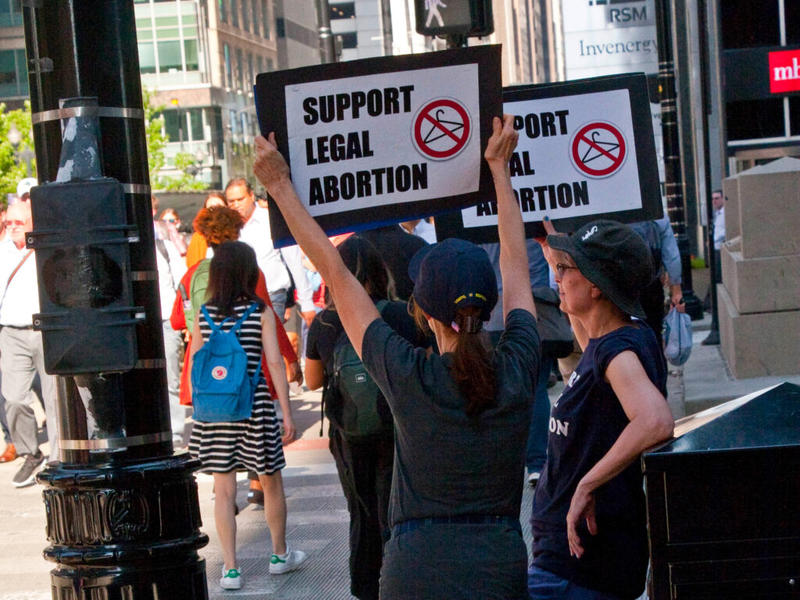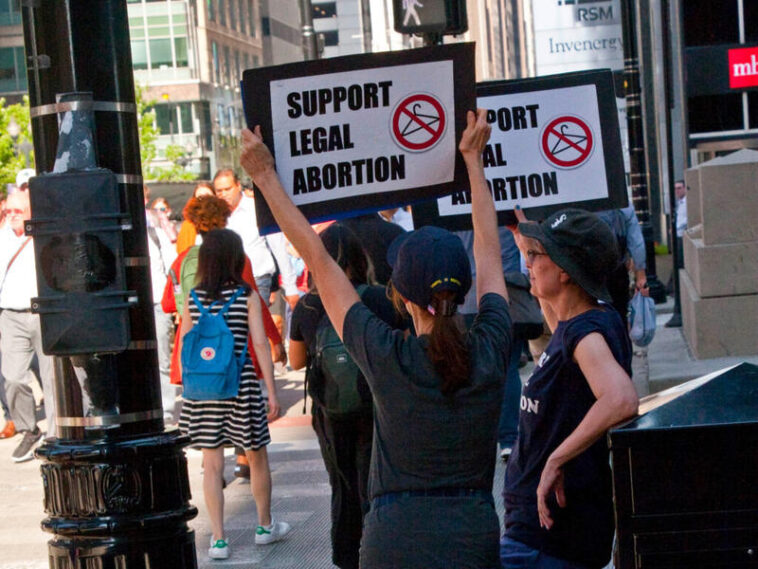
Ohio Attorney General Asks Court to Keep Portions of Abortion Law Amidst Legal Challenge
The fight over an abortion ban continues in Ohio as abortion clinics asked a Hamilton County judge to reject the law, following voters’ decision to enshrine abortion rights in the state constitution last November. They argue that under the new constitutional amendment, the law, which bans most abortions once fetal cardiac activity can be detected, is invalid. Ohio’s Attorney General Dave Yost agreed to some extent, but asked the court to only strike down the “core prohibition” of the law: banning abortions after six weeks, and let other portions remain.
What the Law Includes and Excludes
The remaining provisions include requiring a doctor to check the fetal heartbeat and inform the patient, as well as documenting the reason for the abortion. Yost argued that plaintiffs had not demonstrated that such provisions violate the constitutional amendment. While the state “respects the will of the people,” according to a spokesperson for the Attorney General’s office, it is also obligated to prevent overreach and protect portions of the law not addressed in the amendment.
The ACLU’s Response
The legal director of the American Civil Liberties Union of Ohio, Freda Levenson, disagreed with Yost’s stance, calling the litigation “quibbling about extraneous matters,” and said that such issues have never been a problem in the case before. In an emailed statement, she said, “This case should be over. Stick a fork in it.”
The Background
Republican Governor Mike DeWine signed the law in April 2019, which prohibited most abortions after the first detectable “fetal heartbeat,” which can be detected as early as six weeks into pregnancy, before many women know they are pregnant. The ban was initially blocked through a federal legal challenge, and briefly went into effect when the landmark 1973 Roe v. Wade decision was overturned in 2022. The case was then placed on hold in county court as part of a later lawsuit challenging it as unconstitutional under the Ohio Constitution, eventually making its way to the state Supreme Court. In December 2023, the state’s highest court dismissed an appeal brought by Yost’s office “due to a change in the law.” The case now awaits a decision by Hamilton County Court of Common Pleas Judge Christian Jenkins.
Conclusion
The fight over Ohio’s abortion ban has been long and contentious, with both sides pushing their arguments to the limit. The Attorney General’s request to keep some parts of the law while striking down others is just the latest development in this ongoing legal battle. Whatever the outcome, it is clear that the passions surrounding abortion rights will continue to shape the political landscape in Ohio, and across the United States.
Originally Post From https://ktar.com/story/5568770/ohio-law-banning-nearly-all-abortions-now-invalid-after-referendum-attorney-general-says/
Read more about this topic at
Section 2919.12 – Ohio Revised Code
State Guide to Abortion in Ohio


